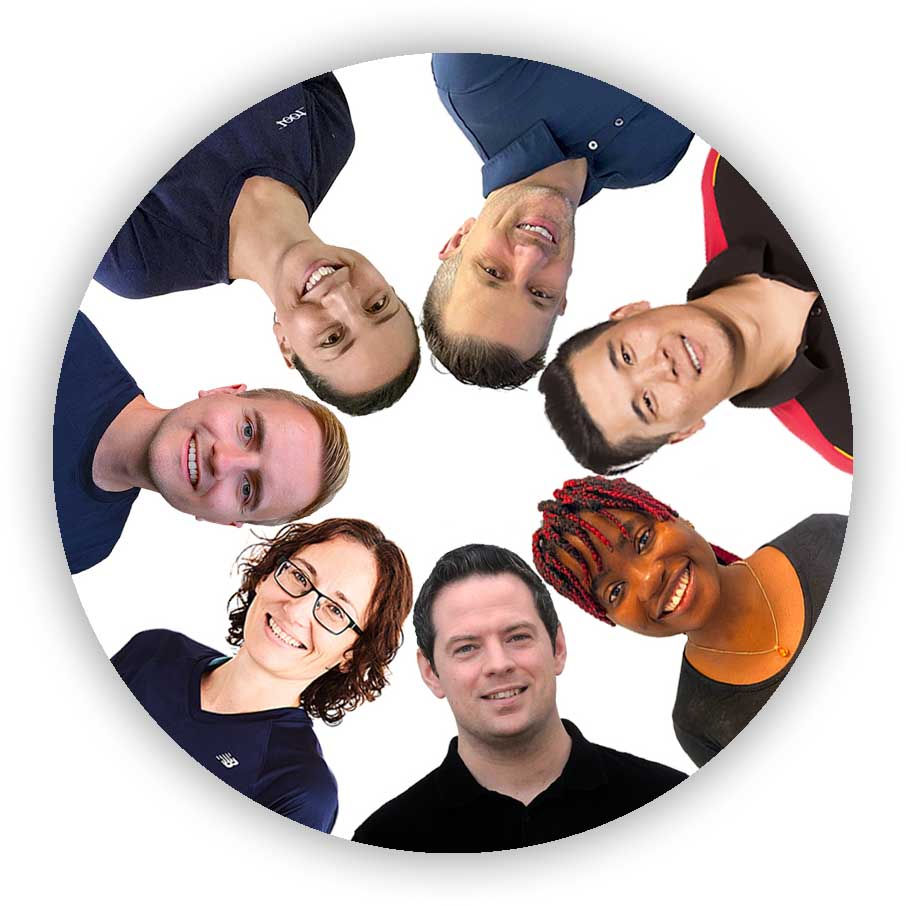I find that runners tend to use pain as the main way of gauging how bad an injury is. However, the intensity of pain often does not correlate with the severity of the injury. In general, a sharp pain makes a runner seek help much more quickly than a dull pain that only occurs after a run. If the pain disappears after a few days’ of rest, they often take it as a sign that the injury has healed and that they can go back to normal training.
This article explains why you can't trust pain and what this means for Achilles tendonitis rehab. Remember, if you need more help with an Achilles injury, you're welcome to consult one of our team via video call.

The terms tendinitis, tendonitis, tendinosis, and tendinopathy mean the same thing for all practical purposes, and we use these interchangeably in our articles.
In this article:
I've also discussed it in this video:
Why you can’t trust Achilles pain
Pain is created in the brain. Your brain is constantly being bombarded by messages from receptors in your muscles, joints, ligaments, tendons etc. telling it about mechanical pressure, chemicals, heat, cold etc. The brain just tends to ignore these messages until it reaches a threshold (aka the pain threshold) where it feels that if it (the pressure, chemicals, cold etc.) stays at that level for much longer, it may cause damage to your body – then the brain sounds the alarm system and you perceive it as pain.
The problem is that our previous experiences as well as emotions and fears can affect the sensitivity of the alarm system. If you’re very worried about an injury, your brain will perceive it as being a much greater threat to your existence and your pain may be a lot more intense than what it should be.
But the opposite is also true – most endurance athletes tend to have a very high pain tolerance and have conditioned their brains to expect pain as a normal part of their sport, and this can cause them to experience very low levels or no pain for rather severe injuries.
What this means for Achilles rehab
In 2007 a group of researchers in Sweden designed a study to test whether the full resolution of Achilles tendinopathy symptoms meant that athletes had regained full function/strength in their calf muscles and Achilles tendons. The athletes all followed a six-month physiotherapy rehab programme to help them get back to sport. After one year, only 25% of the athletes who reported having no pain or discomfort in their Achilles tendons actually had regained their full strength and function. One can argue that this puts the other 75% at a higher risk of reinjury as they were training with a calf/Achilles that weren’t functioning at 100% capacity.
So, if we can’t use pain as a measure of recovery, then how can you tell whether you’re ready to go back to your sport when you’ve had Achilles tendinopathy? Through using functional tests to measure your progress. A functional test is any movement or activity that represents how your Achilles/calf complex works when you do your sport.
What functional tests we use are very specific to the sport you do as well as the intensity you train or compete at. For runners, we tend to look at strength and endurance when doing heel raises. There are no gold standard tests, but for elite and high level recreational athletes we tend to aim to get them doing heel raises with up to 1.5 times their bodyweight.
For lower level recreational runners, I tend to aim for about 1.2 times bodyweight. Hopping and jumping are also useful tests. Your Achilles tendon acts like a spring when you hop and jump, and it can be useful to compare the one side with the other, looking at both the quality of the movement and the height/distance.
How we can help
Need more help with your Achilles injury? You’re welcome to consult one of the team at TMA online via video call for an assessment of your injury and a tailored treatment plan.
We're all UK Chartered Physiotherapists with Master’s Degrees related to Sports & Exercise Medicine. But at Treat My Achilles we don't just value qualifications; all of us also have a wealth of experience working with athletes across a broad variety of sports, ranging from recreationally active people to professional athletes. You can meet the team here.

About the Author
Maryke Louw is a chartered physiotherapist and holds an MSc in Sports Injury Management. You can follow her on LinkedIn, Facebook, Twitter, and Instagram.
References









